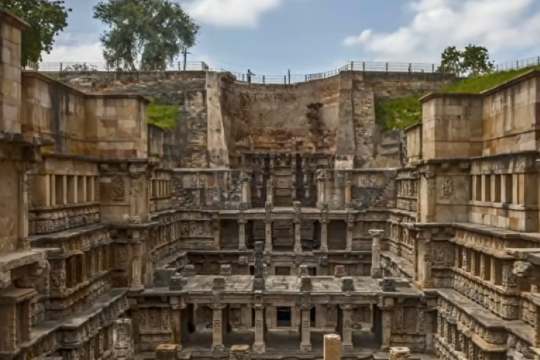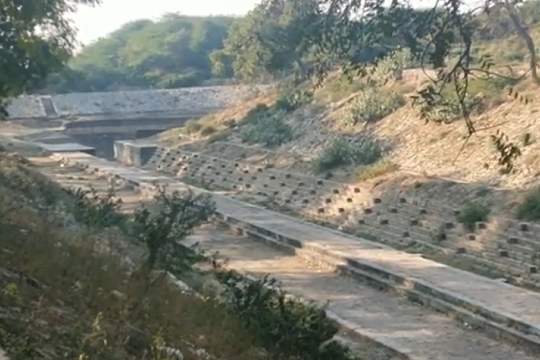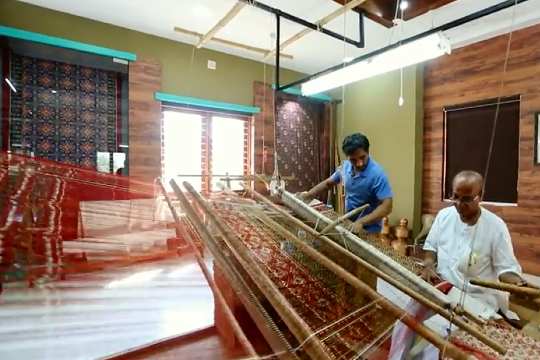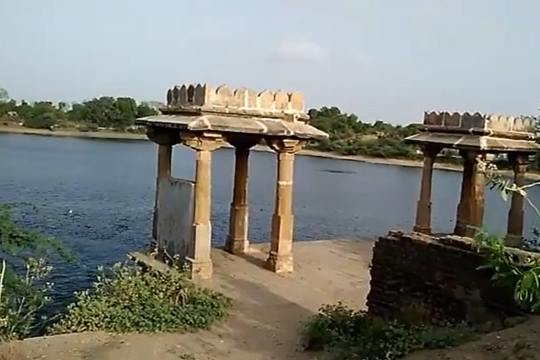Patan Travel Guide
Discovering the Heritage of Patan: A Travel Guide
Patan, also known as Anhilwad Patan, is a city located in the Patan district of the Gujarat state in India. The city is famous for its rich history and architecture, and it is home to many ancient monuments, temples, and other historical sites.
One of the main attraction of Patan is Rani ki Vav, a UNESCO World Heritage Site and a magnificent example of stepwell architecture built by Queen Udaymati in the 11th century. This stepwell is a unique architectural structure built as a memorial to the king, and it is known for its intricate sculptures, carvings and the seven-storeyed structure.
Another notable attraction in Patan is the Sahastralinga Talav, an ancient tank that was built in the 12th century. The tank is known for its intricate carvings, and it is believed to be the largest tank in Gujarat.
The city is also known for its Jain temples, such as the Shri Parshvanath Tirth and the Shri Dharnendra Tirth. These temples are architectural marvels, and they are known for their intricate carvings, sculptures and frescoes.
There are also some museums in Patan such as the Rulers Palace Museum, the Patola Heritage Museum and the Shravan Belgola Museum which showcase the rich history and culture of the city.
The best time to visit Patan is during the winter months between October to February, when the weather is pleasant, and the temperature is around 20-30 degree Celsius.
Overall, Patan is a must-visit destination for anyone interested in Indian history, architecture and culture. The city offers visitors a glimpse into the rich heritage of Gujarat and a chance to experience the traditional way of life in the region.
Speak to someone
who's been there

+91-9873003099
MAKE AN ENQUIRYBest Places To Visit In Patan
From historical cities to natural wonders, come see the best of Patan.

Rani Ki Vav
Rani Ki Vav or 'Queen's Stepwell' is a distinctive form of water storage system located in the small town of Gujarat called Patan, on the banks of River Saraswati. Believed to be the grandest stepwell in the state of Gujarat, Rani ka Vav epitomises the peak of Maru-Gujarat architectural style. The 900-year-old structure listed as a UNESCO World Heritage Site is displayed prominently in the new ₹ 100 currency note issued by the Reserve Bank of India.

Sahasralinga Talav
The Sahasralinga Talav, a reservoir, which literally means the lake of a thousand lingas, was built in the year 1084 by Siddhraj Jaysinh over a lake, which is known to be Durlabh Sarovar. The lake is located to the north of Rani ki Vav at Patan in the state of Gujarat. The lake was attacked three times and yet has managed to leave some of its parts intact. The reservoir was built to channel water from the river Saraswati. It has an inbuilt natural filtration. The platform which held the pillars still gives us a virtual view of the complete lake. The reservoir has sculptures of many deities in it.

Patola Heritage Museum
Run by the multiple-award-winning Salvi family, this purpose-built museum is an excellent place to see Patola silk weaving in action. The family has specialised in double-ikat weaving (a process that their ancestors brought from Southeast Asia) since the 11th century. You can observe a demonstration on the loom and compare the family’s craft with beautifully displayed single-ikat textiles from around the world, from Uzbekistan and northern Thailand to Holland.

Khan Sarovar
Khan Sarovar is a manmade lake situated in Patan, Gujarat. It is one of the few historical water bodies in Patan and among the best places to visit in the ancient capital of Gujarat. Khan Sarovar is situated outside the South Gate in Patan, Gujarat. The tank was constructed using the stones from ruined structures in the year 1589 AD by Mirza Aziz Kokah, the then governor of Gujarat.
Best Travel Packages For Patan
Find the best deals on Patan Tour Packages for solo, family & group travelers.
Looking for a custom trip plan?
It only take 2 minutes to plan your own holiday itinerary.

